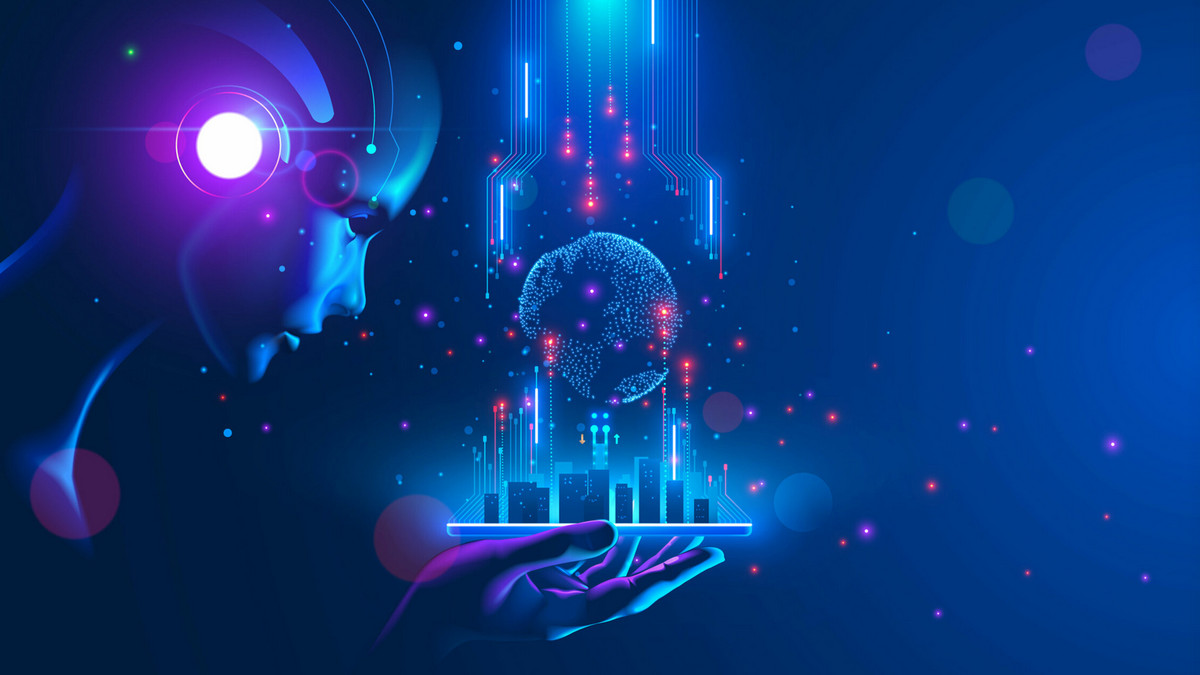10 Ways Artificial Intelligence is Changing Our Lives
Artificial intelligence (AI) is rapidly changing the world around us. From self-driving cars to medical diagnosis, AI is being used in a variety of ways to improve our lives. Here are 10 ways AI is changing our lives:
- Self-driving cars.
Self-driving cars are one of the most promising applications of AI. Self-driving cars have the potential to revolutionize transportation, making it safer, more efficient, and more accessible.
- Medical diagnosis.
AI is also being used to develop new medical diagnostic tools. For example, AI-powered systems can now analyze medical images, such as X-rays and MRI scans, to detect diseases more accurately than human doctors.
- Customer service.
AI is being used to improve customer service. For example, AI-powered chatbots can now answer customer questions and resolve issues without the need for human intervention.
- Personalized learning.
AI is being used to personalize learning experiences. For example, AI-powered systems can now tailor lessons to each student's individual needs and interests.
- Product recommendations.
AI is being used to make product recommendations. For example, AI-powered systems can now recommend products to customers based on their past purchases and browsing history.
- Fraud detection.
AI is being used to detect fraud. For example, AI-powered systems can now identify fraudulent transactions in real time.
- Risk assessment.
AI is being used to assess risk. For example, AI-powered systems can now assess the risk of a loan default or the risk of a natural disaster.
- Content creation.
AI is being used to create content. For example, AI-powered systems can now write articles, generate music, and create videos.
- Artificial creativity.
AI is being used to create art. For example, AI-powered systems can now paint pictures, compose music, and write poetry.
- Scientific research.
AI is being used to conduct scientific research. For example, AI-powered systems can now analyze data, identify patterns, and make predictions.
Case Studies
Here are two case studies that illustrate the potential of AI:
- Case Study 1: Self-driving cars
Self-driving cars are one of the most promising applications of AI. Self-driving cars have the potential to revolutionize transportation, making it safer, more efficient, and more accessible.
One of the leading companies in the development of self-driving cars is Waymo. Waymo has been developing self-driving cars for over a decade and has already driven over 10 million miles on public roads. In 2018, Waymo launched a self-driving car service in Phoenix, Arizona. The service is currently in a limited beta test, but it has the potential to revolutionize transportation.
- Case Study 2: Medical diagnosis
AI is also being used to develop new medical diagnostic tools. For example, AI-powered systems can now analyze medical images, such as X-rays and MRI scans, to detect diseases more accurately than human doctors.
One of the leading companies in the development of AI-powered medical diagnostic tools is Google AI. Google AI has developed an AI-powered system that can diagnose skin cancer as accurately as a human dermatologist. The system was trained on a dataset of over 130,000 images of skin lesions. In a clinical trial, the system was able to correctly diagnose skin cancer with an accuracy of 91%. This system has the potential to save lives by helping to detect skin cancer early.
These are just two examples of the potential of AI. As AI continues to develop, we can expect to see even more ways in which it can be used to improve our lives.







0 Comments